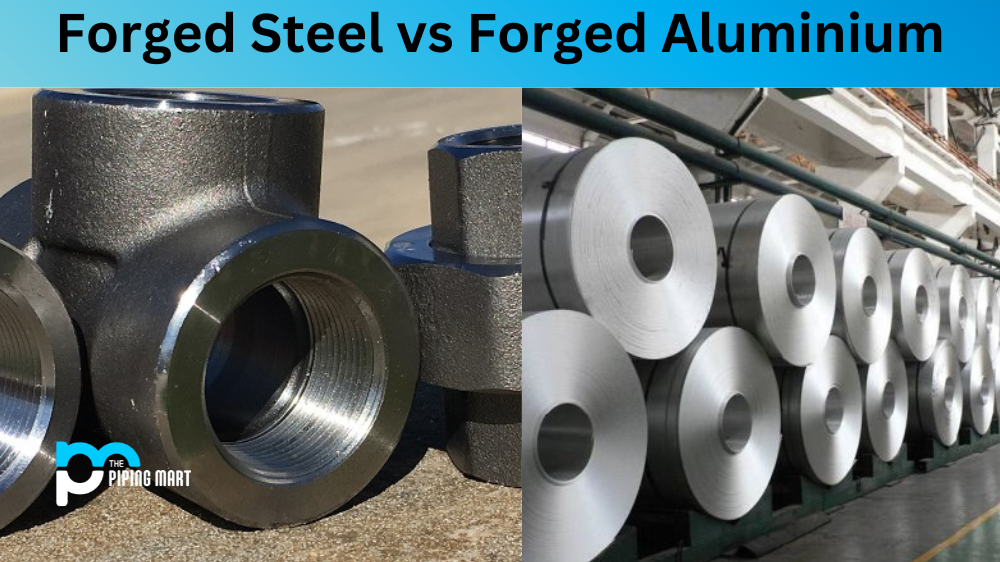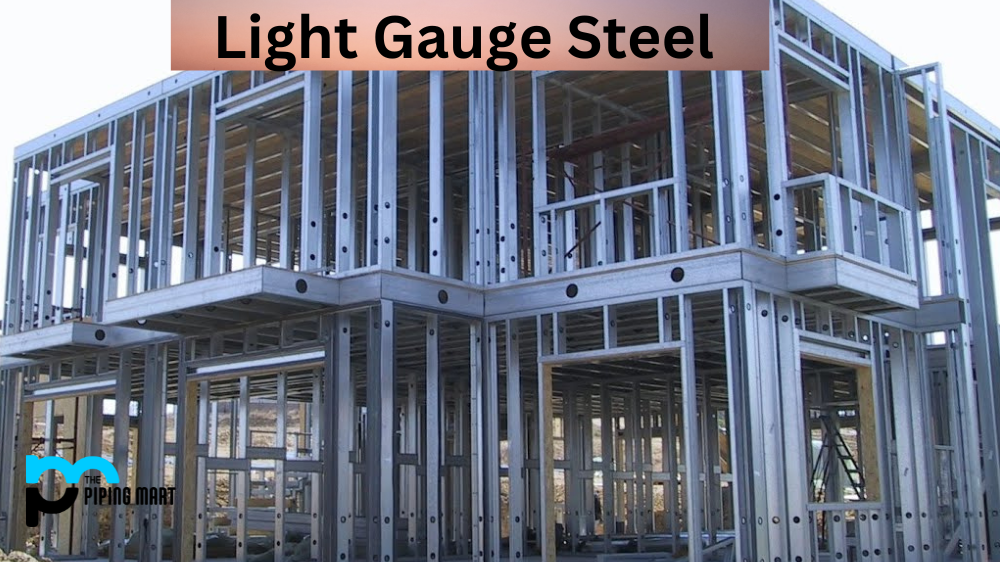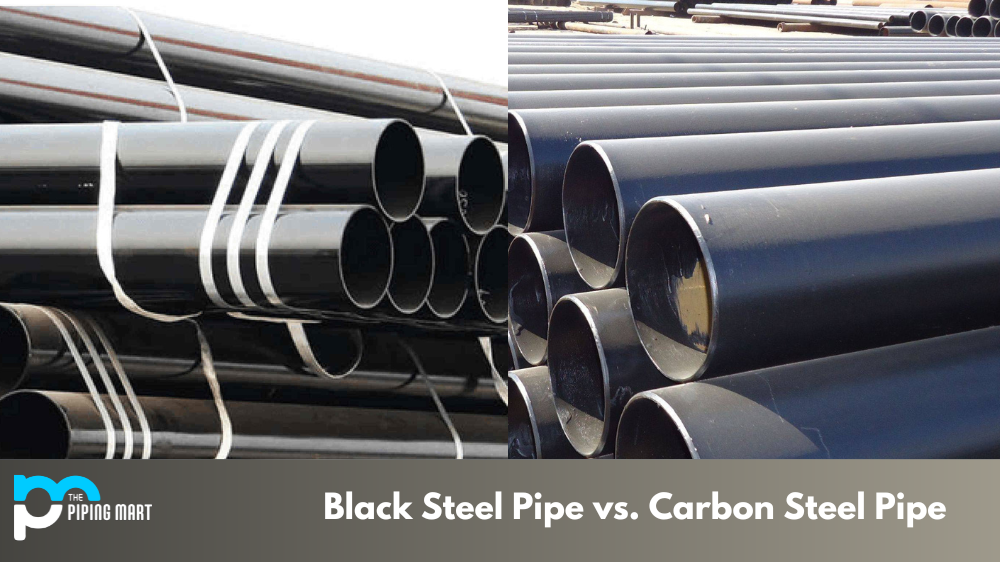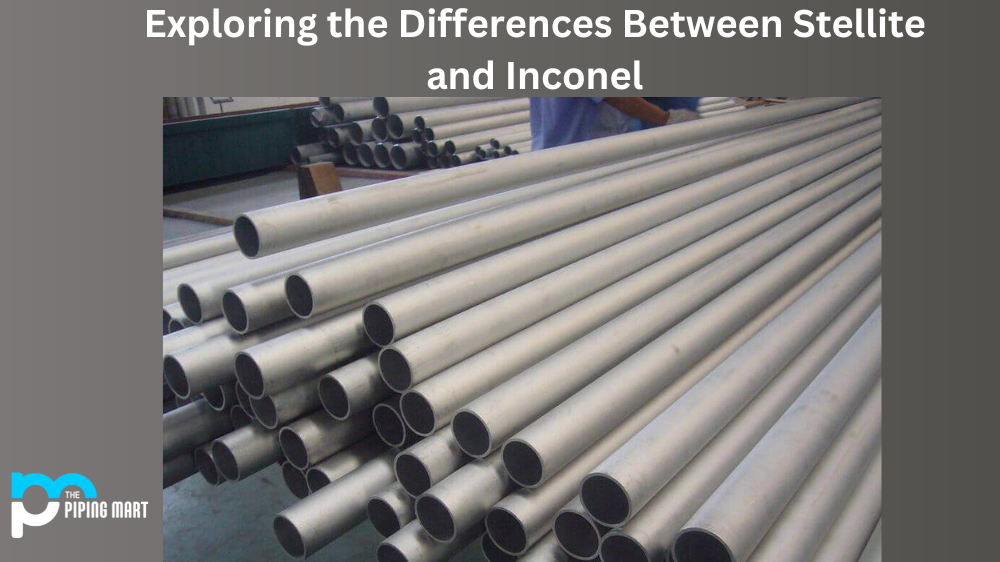In the world of engineering, there is a wide range of materials to choose from when creating parts for a project. Two popular options are forged steel and forged aluminium. Knowing which one is best suited for your project can save you time and money in the long run. Let’s take a look at how these two metals compare.
Difference Between Forged Steel and Forged Aluminium
The main difference between forged steel and forged aluminium is strength. Steel is much stronger than aluminium, making it better suited for heavy-duty applications that require high levels of precision and accuracy. The tensile strength of steel can be up to five times greater than that of aluminium, making steel an ideal choice for demanding projects like industrial machinery, automotive parts, tools, and more. However, this also means that steel has higher production costs than aluminium due to its added weight.
When it comes to corrosion resistance, both metals fare similarly in most environments; however, if exposed to salt water or other corrosive substances over an extended period of time, the aluminium will begin to corrode faster than the steel. This makes it important to consider environmental factors when selecting a metal for your project. Also, keep in mind that forged aluminium has higher thermal conductivity properties than forged steel; this means that it can transfer heat away from hot spots faster, which can be beneficial in applications where heat needs to be dissipated quickly.
Although both metals are highly durable and reliable when used correctly, each one has its own advantages depending on the application or project they are being used for. While forged steel provides strong durability and precision at a higher cost, forged aluminium offers lighter weight and good corrosion resistance at a lower cost point, all while still providing reliable performance in many applications. Choosing between these two metals often comes down to budget constraints as well as environmental factors such as corrosion risk or heat dissipation requirements.
- Forged steel is stronger than forged aluminium
- Forged steel is less likely to crack or break
- Forged steel is more resistant to corrosion
- Forged aluminium is lighter than forged steel
- Forged aluminium is more resistant to heat
- Forged aluminium is more malleable than forged steel
Conclusion:
In conclusion, both forged steel and forged aluminium have their own benefits when used correctly in certain applications or projects. Steel offers superior strength and precision, while aluminium offers lighter weight with similar corrosion resistance capabilities at a lower cost point. It’s important to evaluate your specific needs before selecting either metal as they may offer different advantages depending on your unique situation or requirements. With knowledge about each metal’s strengths and weaknesses, you’ll be able to select the right material for your project so you can get optimal results without breaking the bank!

Pipingmart is a B2B portal that specializes in metal, industrial and piping items. Additionally, we share the latest information and information about materials, products and various types of grades to assist businesses that are involved in this business.




